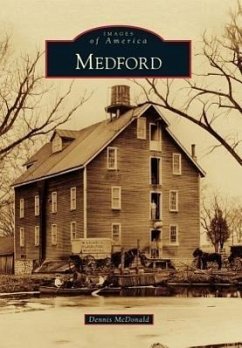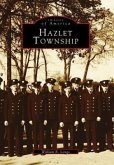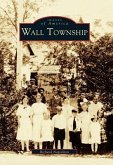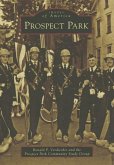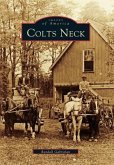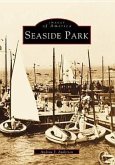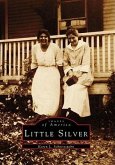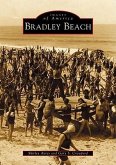Settled by Quakers in the late 1600s, Medford was dominated by sawmills and gristmills in the mid-1700s. During the 1800s, small Quaker and public schools were scattered throughout the township, three of which still survive today. When Medford became a town in 1847, after breaking away from Evesham, it had already begun to develop as a community. William Cooper, a photographer during the turn of the 20th century, captured many of the images featured in Medford. Cooper photographed workers at Kirby's Mill loading wagons, baseball players at the Medford Field Club, schoolchildren at Cross Keys School, employees at Braddock's Tavern, staff at the Indian Chief Hotel, glass blowers turning out bottles at Star Glass Company, and travelers at the Philadelphia, Marlton, and Medford train station on Main Street. He also snapped pictures of parades, kids playing in the streets, and men playing craps.
Hinweis: Dieser Artikel kann nur an eine deutsche Lieferadresse ausgeliefert werden.
Hinweis: Dieser Artikel kann nur an eine deutsche Lieferadresse ausgeliefert werden.

